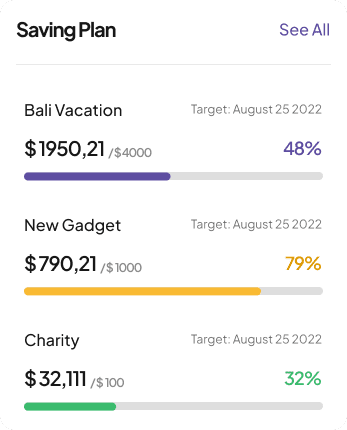The Research and Development (R&D) Tax Credit is a lucrative tax credit available to businesses that produce new or improved business components, such as products, processes, computer software, techniques, formulas, or ideas, that lead to new or enhanced functionality, performance, reliability, or quality.
•Developing an innovative product that is new to the market
•Engineering and designing a new product
•Research aimed at discovering new knowledge
•Searching for ways to apply new research findings
•Designing product alternatives, evaluating product alternatives
•Significant modifications to the concept or design of a product
•Designing, constructing, and testing pre-production prototypes and models
•Engineering activity to advance the product’s design
•Systems processing modeling, system and functional requirements analysis, integration analysis
•Experimenting with new technologies, new material and integrating the material to improve manufactured products
•Engineering to evaluate new or improved specification/modifications in terms of performance, reliability, quality, and durability
•Developing new production processes during prototyping and pre-production phases
•Research aimed to significantly cut a product’s time-to-market, aimed to obtain more efficient designs
•Developing and modifying research methods, formulations, products
•Paying outside consultants, contractors to do any of the above activities
•Developing processes, patents, formulas, techniques, prototypes, or software
•Improving or redesigning existing products
•Hiring scientists, designers or engineers that are engaged in qualified activities.
•Devoting time and resources to creating (manufacturing or developing) new or innovative products.
•Developing intellectual property
•Paying certain amounts for salaries, supplies, contract research and cloud hosting
Typically, 6% to 8% of a company’s annual qualifying R&D expenses can be applied, dollar for dollar, against its federal income tax liability.
Startups can claim $250K per year
Startups have a unique advantage when it comes to the R&D tax credit. Young companies with less than $5 million in gross receipts can use the R&D tax credit to offset payroll taxes up to $250,000 per year.
Metal Fabrication
Block Chain
Manufacturing
Digital Programming/Marketing
Information Technology
Telecommunications
Wineries/Breweries/Distilleries
Energy and Gas
Distribution and Logistics
Mining
Injection Molding
3-D Printing
Plastics and Rubber
Medical
Dentistry
Construction
Advanced Materials
Printers
Cosmetics and Skincare
Pharmaceutical Companies
Clothing/Apparel
Generic Drugs
Cannabis
Biotechnology/Medical Devices
Feed Mills
Ship Building
Farming/Agriculture
Software Development
Tool and Die
Foundries
HVAC
Commercial Bakeries
Electronics
Artificial Intelligence
Website Design & Coding
Aerospace & Defense
Architecture
Automotive
Engineering
Electronics
Software Development

We offer clients an unmatched strategic approach for tax savings and grants for businesses. With our expert level network of CPA’s, we are able to maximize clients’ grant amounts through an optimized process that takes the best path to success. We take this approach all while keeping the client’s best interests at heart.
© 2024 Strategic Care Consultants. All Rights Reserved.